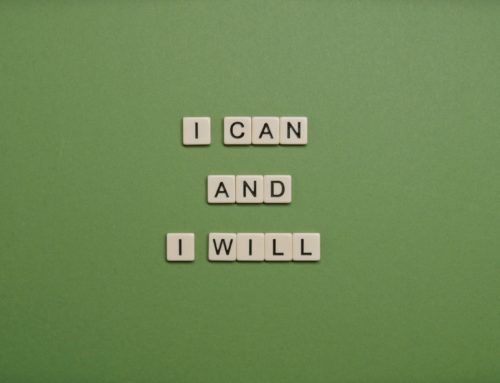Many people get stuck in overwhelm deciding what to decide. Do you find yourself getting anxious simply because you cannot make choices? If so, what is your hiccup? The following suggestions can help you be the architect for your decision-making framework as you try to determine the best choice.
No. 1. Write down all components related to this decision.
- Gather the tools you will need:
- A white board, flip chart, legal pad, or journal.
- The one calendar you always use
- Sticky Notes
- Markers/Pens
No. 2. Identify the details.
- What is the exact question/problem? Use strong verbs to articulate the phrase.
- When does the decision have to be made?
- What are expected benefits/consequences?
- Who does this impact?
- How will success be measured?
- What matters most?
No. 3. Make a list of boundaries that need to be considered.
- Timing – what is the timeline for the final decision to be made?
- Complexity – how important is accuracy?
- Priorities – what are the non-negotiables?
- Goals – what are the ultimate goals?
- Cost – are there budgetary parameters?
- Where does the buck stop – who is ultimately responsible for the decision?
- Personal values – how do your values intersect with the choices?
- Time of day – generally the morning is when your brain works at optimal level. If this is a complex decision needing a great deal of accuracy, it is best to make sure you block time when you are most focused.
No. 4. Strategically plan the resources you need to make your decision.
- Gather facts through research
- Formulate ideas from brainstorming
- Record instincts signaling your brain based on gut reactions
- Set a limit on the amount of information needed – TMI makes it confusing, and NE (not enough) does not give you a foundation to make solid choices.
- Utilize Mind Mapping as a useful visual tool for complex choices.
- Create a list of pros and cons once all your information is put together.
- Make the decision– decide to decide, decide to not decide, or decide to delay the choice.
- Schedule an Evaluation/Critique once the decision is enacted if this is warranted.
Defining how complex a problem is can be tricky as choices in life can be very personal. The impact of consequences can be a barometer for how much time and research should be devoted to a decision. Just bear in mind that TMI (too much info) can cause paralysis by analysis. At some point a decision must be made. If the outcome is not going to have a dire impact, then you can be a bit more casual in your final choice, even throwing a dart at the options and accepting the one where the dart lands. On the other hand, if your decision is going to weigh heavily on the lives of others or yourself, serious thought, consideration, and intention need to be factored into your equation. Finally, give yourself permission to trust your analysis.
Hope these are useful suggestions. Let me know if you have any other ideas.






